Dock Ellis' infamous LSD no-hitter brought to life in new film, "No No"
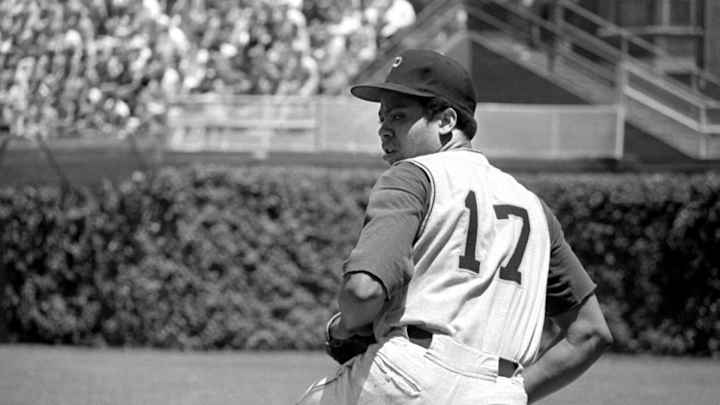
On June 12, 1971, Dock Ellis of the Pittsburgh Pirates pitched a no-hitter against the Padres. That game has since become the stuff of legend - not because of what Ellis did, but how he managed to do it. Because as Ellis was striking out batters, he was also tripping on LSD.
During his eleven-year career, the eccentric pitcher was known as much for his antics as his baseball, so it was only a matter of time before someone made a movie about him. That is what director Jeffrey Radice has done with No No, his new documentary about the man behind the self-medication.
No No's main draw is obviously its insight into Ellis' prolific drug use; the LSD no-hitter is really just the start of things. The pitcher tended to his marijuana plants during spring training, snorted cocaine while blaring Jimi Hendrix, and took enormous amounts of amphetamines before games. In the film, Ellis says he would take up to 17 "greenies" (amphetamines) before every game. That's the equivalent of drinking 20 cups of coffee.
Extra Mustard's Monday Night Raw Recap: Knock knock. Who's there? Interrupting John Cena
All these mind-altering substances weren't enough to cover the fact that Dock Ellis was one of the smartest men to ever play baseball. His outlandish behavior - the loud smacking of his gum, the brash posturing - were designed to intimidate his opponents. What he lacked in powerhouse pitches, he made up for with his mental game. In the movie, Ellis says, "I give the Pittsburgh Pirates credit for drafting people that was f**king crazy." And he, himself, was certainly one of those players. Dock's mental game wasn't limited to the opposing players.
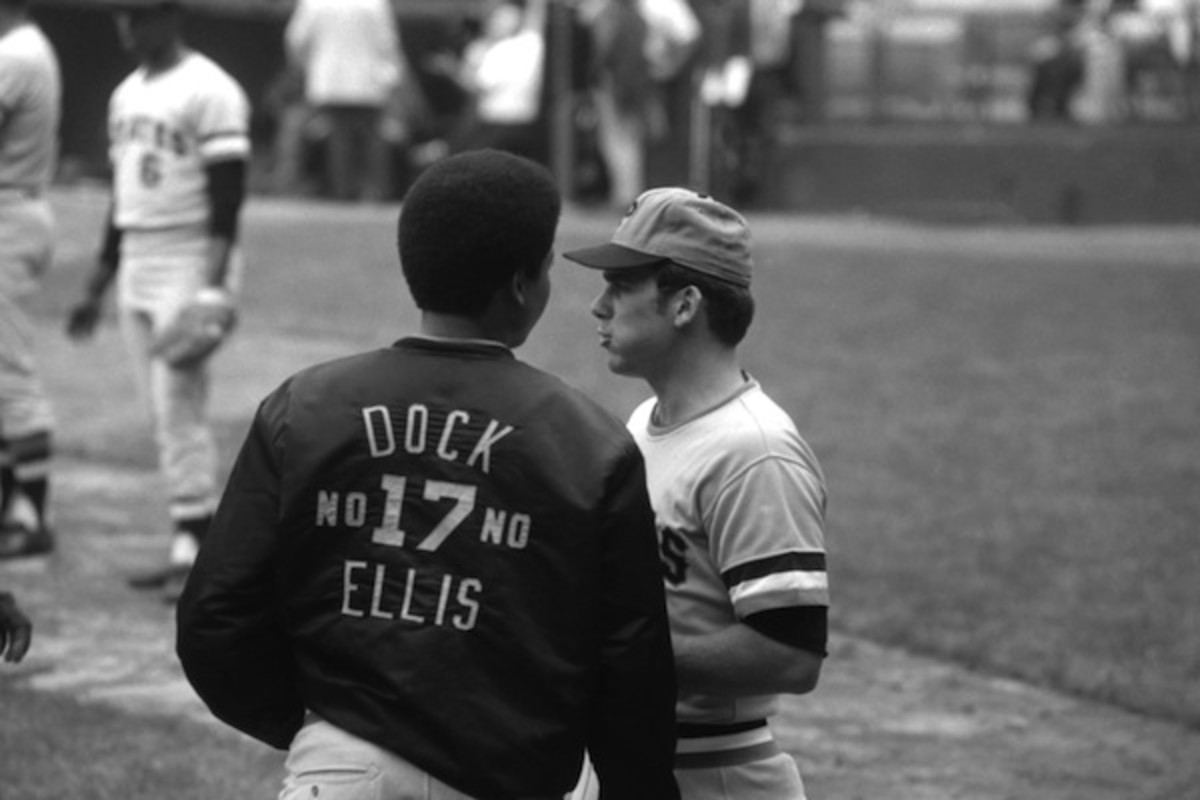
Dock wanted to be the starting pitcher against Oakland's Vida Blue in the All Star Game of 1971. Rather than openly ask for the position, Dock publicly made the statement, "There's no way they're going to put a brother against a brother in the All Star Game." His reverse psychology did the trick -- he started in the game. A teammate in the film commented, "He realized the racial tensions in the country, and he used baseball as a platform to speak his mind."
While the film does not delve into the debate over PED use in professional sports, St. Louis pitcher Scipio Spinks does make a point about how deeply-ingrained these drugs are in the world of baseball: "Here's my take on it. I don't believe that Babe Ruth and Lou Gehrig drank all night long, rode all this trains all night long, got up and played a 1 o'clock game on Sunday or every day in the sun without some help. And I believe everybody's had help throughout this game." For Dock Ellis, that help came in the form of little green pills, or tablets, or powder, or booze, or… well… we're getting off track.
Incredible Edibles: How chefs create signature stadium concessions
Ellis was also one of the most vocal equal-rights activists in Major League Baseball. He wasn't afraid to say what others wouldn't. One of No No's most moving moments comes when Ellis reads a letter he received from Jackie Robinson: "I wanted you to know how much I appreciate your courage and honesty. In my opinion, progress for today's players will only come from this kind of dedication." Ellis breaks down in tears and he punctuates the end of the letter with a loud, "Awwww S**T.
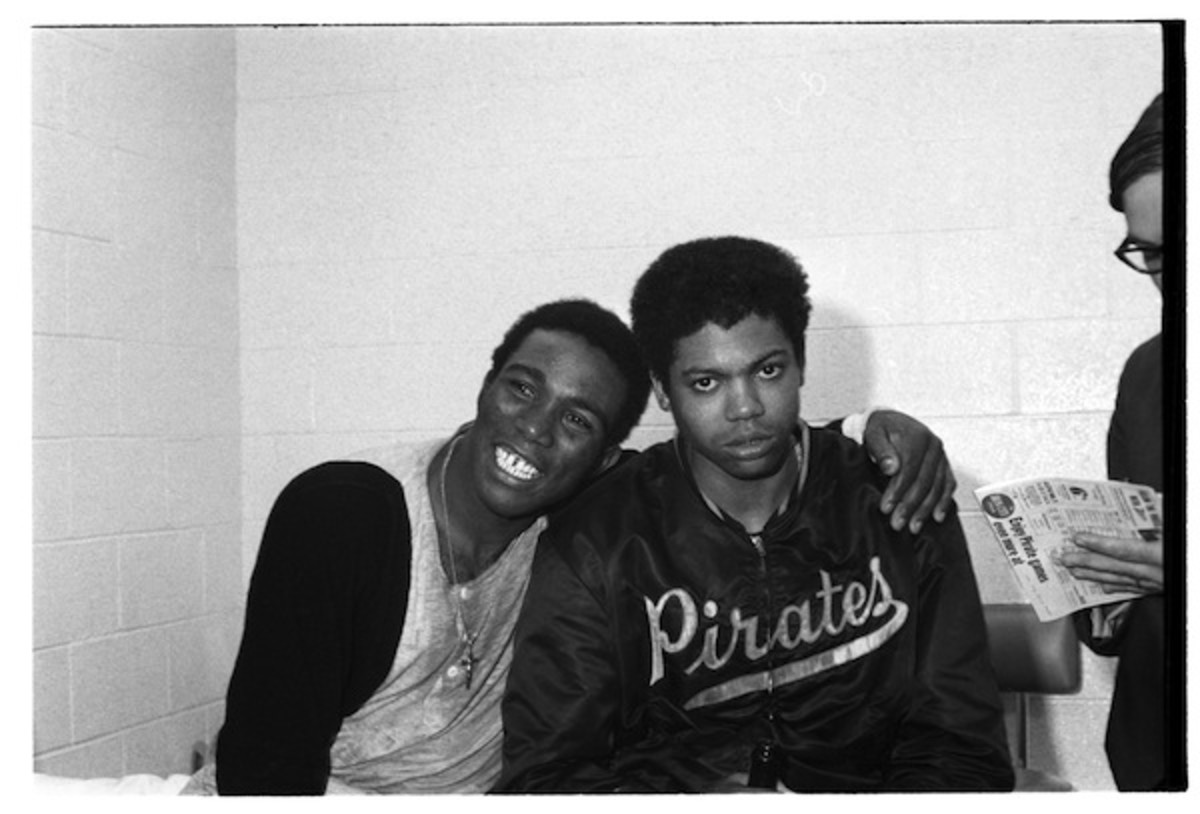
But Ellis was not a hero. Following the LSD no-hitter, his drug use escalated, and after the tragic death of teammate Roberto Clemente, it spiraled out of control. Ellis became increasingly hostile and difficult to work with on the field, and after his career with the Pirates, he bounced from the Yankees to the A's to the Rangers to the Mets and finally back to the Pirates. "They let me die as a Pirate," Ellis said. There were two failed marriages and accounts of domestic violence. Ellis hit rock-bottom when his second wife, Austine, left him in 1980 after he stuck a gun in her mouth. Ellis checked himself into rehab, quit using, and never looked back.
After rehab, Ellis, as outspoken as ever, publicly denounced the drug culture of professional baseball and actively sought to help players struggling with the same issues he did. Giving his full energy to this new goal, he went back to school to learn how to become a counselor, and he spent the rest of his life working with professional and amateur baseball teams, youth, and inmates to help overcome their substance abuse issues. Near the end of the movie, Ellis speaks of his counseling work as his greatest accomplishment, alongside all his athletic achievements. He died of cirrhosis in 2008, a consequence of his years of addiction.
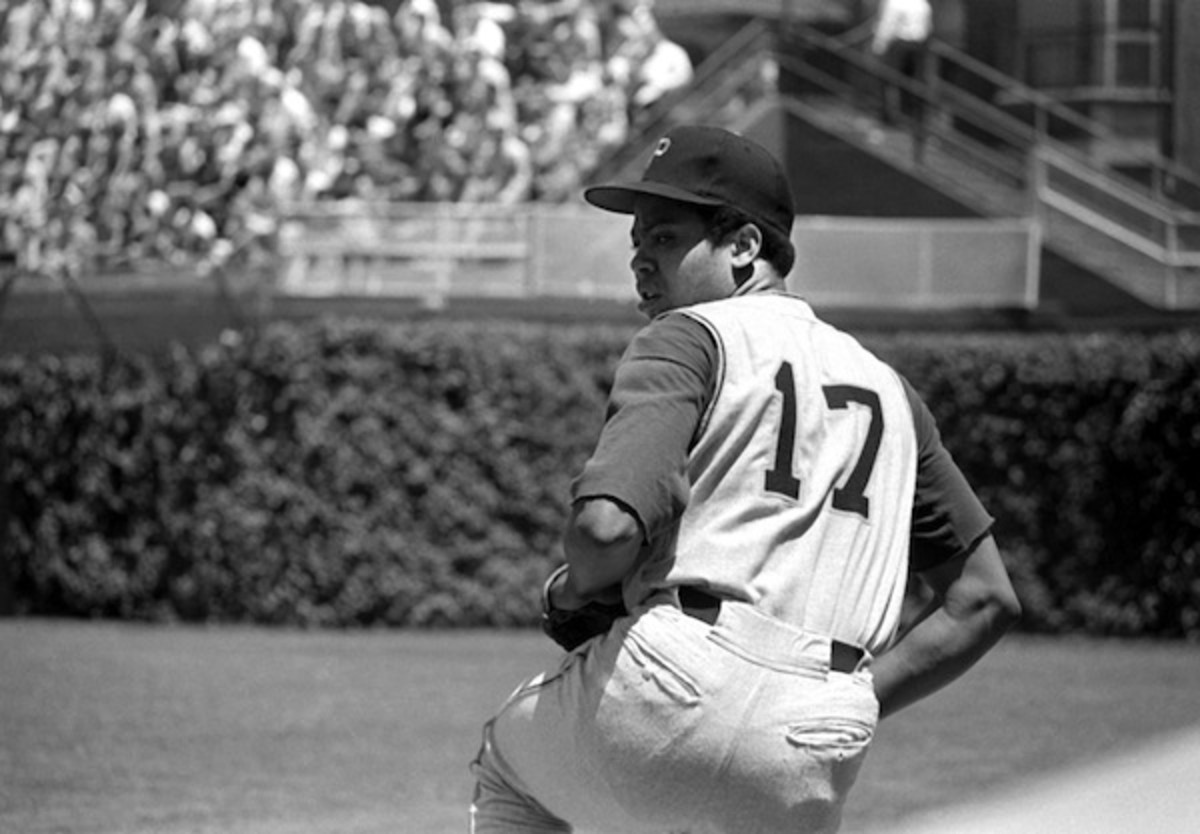
With such interesting subject matter to work with, it is no surprise that No No is an entertaining documentary. While the film doesn't offer anything particularly new or interesting in terms of style or documentary storytelling, Dock Ellis is such an interesting figure that he carries the film on his own. Chris Cortez, the film's producer, said, "The thing that I'm most satisfied by is having put a real portrait of the man out into the historical conversation, as opposed to having him be seen as a kind of clownish figure by the prominence of his LSD story." This film certainly succeeds at showing us that Dock Ellis was so much more than his LSD No No.
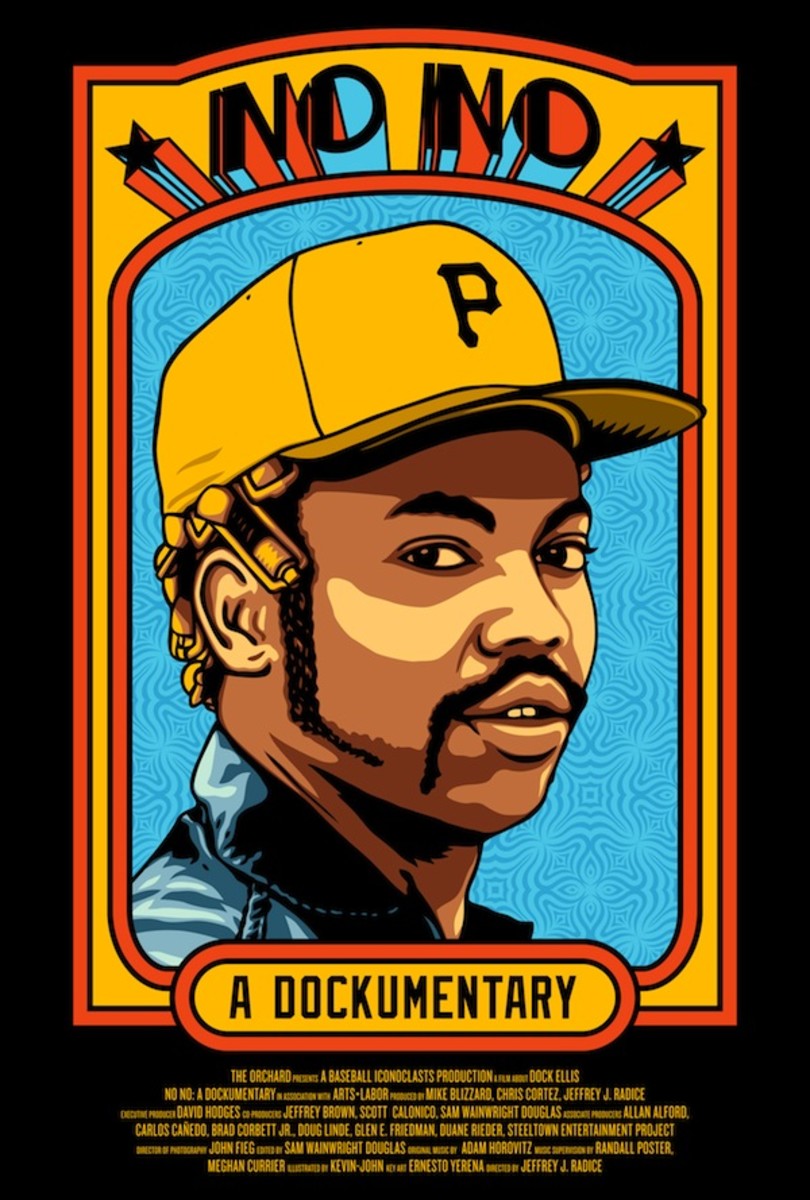
No No opens on September 5th. To find a theater near you, visit No No's website.
Follow Extra Mustard and Nicole Conlan on Twitter
